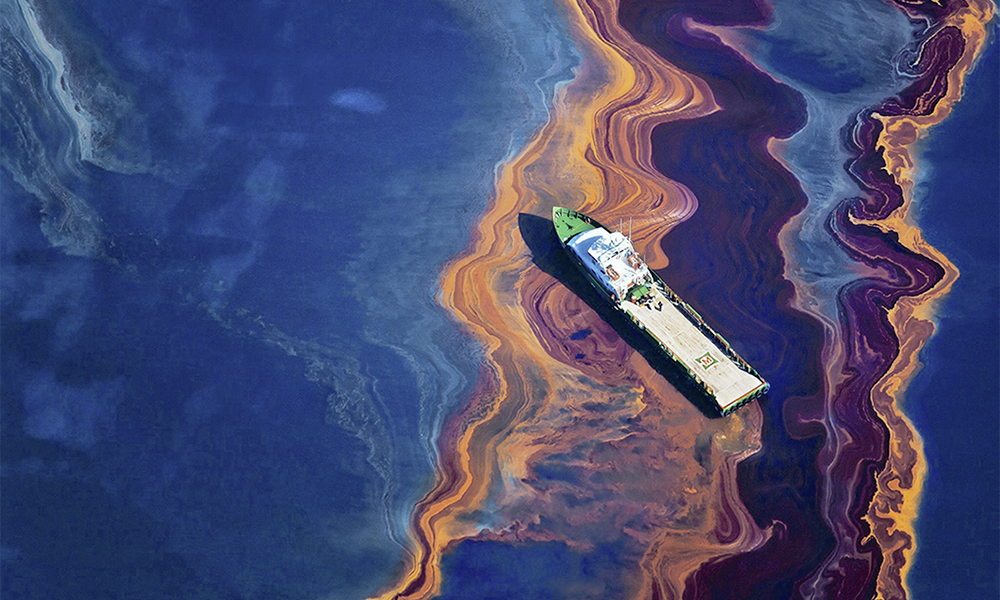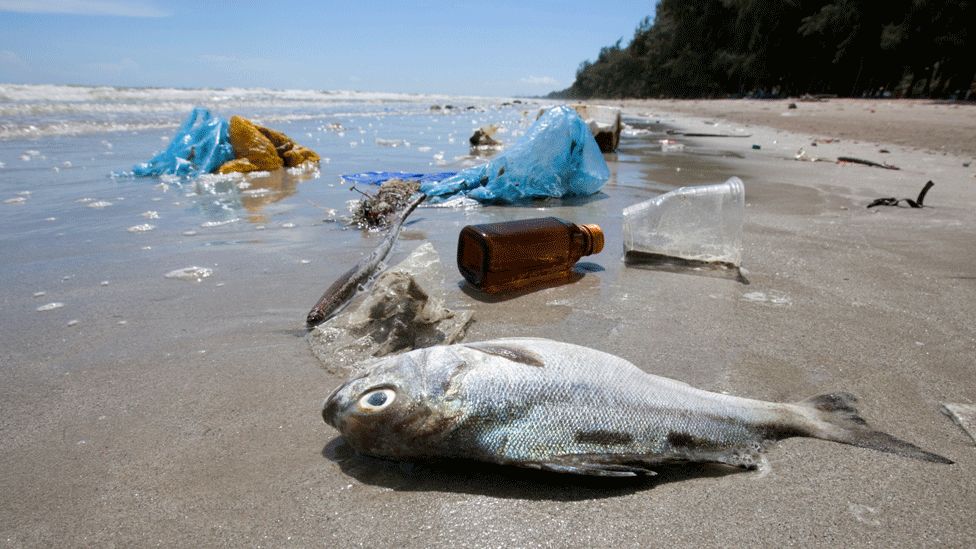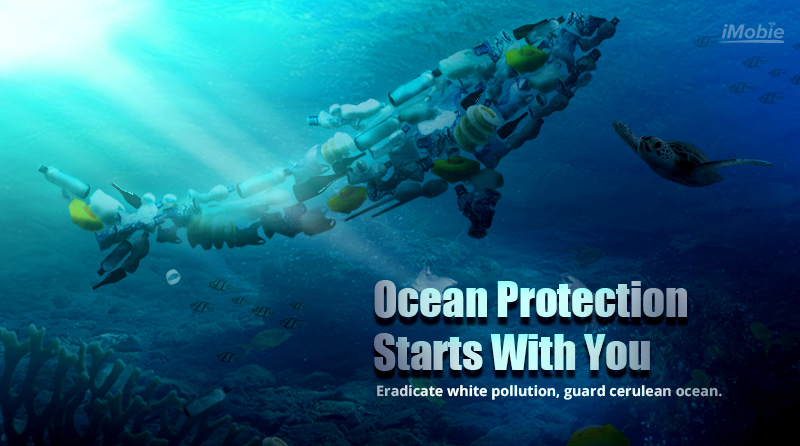Water Pollution
WHAT EXACTLY IS WATER POLLUTION?
- WATER POLLUTION IS...
The contamination of water bodies such as rivers, lakes, oceans, and groundwater by harmful substances. These contaminants can be either physical, chemical, or biological in nature, and they adversely affect the quality of water, making it unsafe for human use or harmful to aquatic ecosystems.
- COMMON SOURCES OF WATER POLLUTION
The common sources include industrial discharges, agricultural runoff, improper disposal of waste, oil spills, and untraded sewage.
https://thumbs.dreamstime.com/b/industrial-waste-discharge-2980832.jpg
https://th.bing.com/th/id/OIP.T-6kda2X53L8t9jCCTB1QwHaEc?rs=1&pid=ImgDetMain
Example pictures of industrial discharges and oil spills
HOW HAVE HUMAN ACTIVITIES IMPACTED THE ENVIRONMENT IN MY LOCAL COMMUNITY?
- Industrial Facilities
- Oil Spills
- Improper Disposal of Waste
- Untreated sewage
HOW DOES THIS ISSUE CONNECT TO BROADER GLOBAL ENVIRONMENTAL ISSUE?
https://www.americanoceans.org/wp-content/uploads/2021/02/Dead-turtle-and-water-bottle.jpg
https://ichef.bbci.co.uk/news/976/cpsprodpb/543E/production/_99066512_2.png
- Biodiversity Loss
- Climate Change
Certain water pollutants, such as methane and nitrous oxide, contribute to climate change. Additionally, changes in water temperature due to pollution can influence weather patterns and contribute to the overall impacts of climate change on global scale.
- Ocean Health
Water pollution, especially in the form of marine pollution and plastic waste, significantly impacts the health of the oceans. The health of marine ecosystems is crucial for regulating climate, supporting fisheries, and providing other ecosystem services that have global implications.
https://imobie-resource.com/en/special/img/protect-our-oceans-starts-with-you.png
So, let's wrap it up: our water, our responsibility. It's not just about saving rivers and lakes; it's about safeguarding our playground, our drinking buddy, and the home of countless underwater neighbours. It's time to kick pollution out and invite clean, sparkling water back to the party. Let's pledge to be the ocean warriors this planet needs. Cheers to a future where our water sparkle as brightly as our intentions.






Comments
Post a Comment